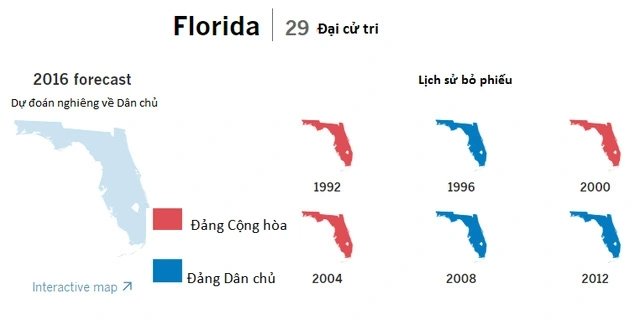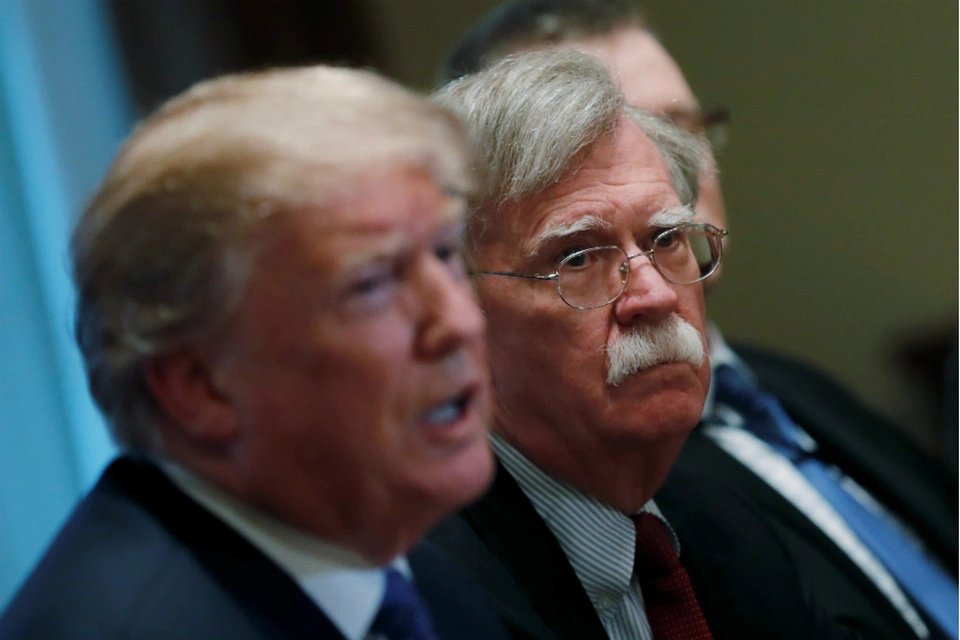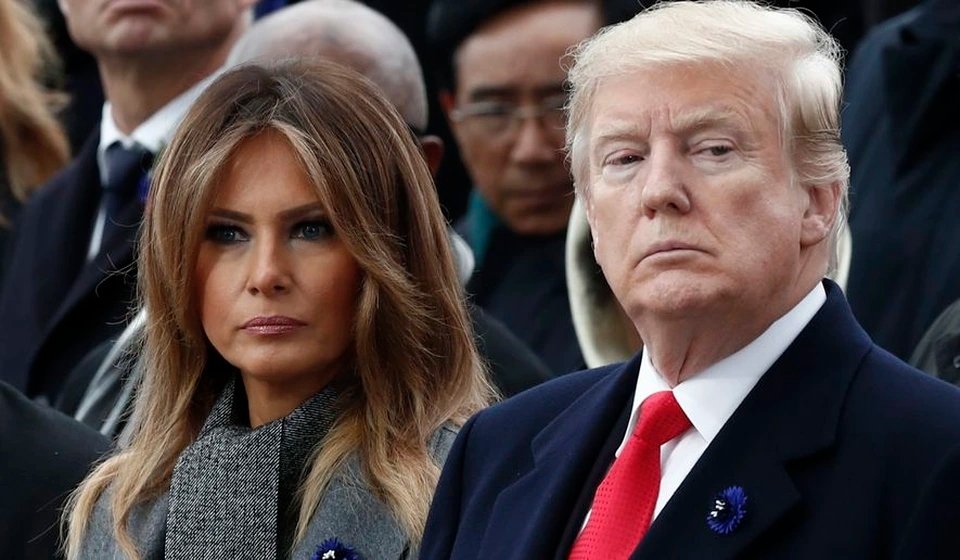
At 4:55 p.m. on October 11 (Hanoi time), the Royal Swedish Academy of Sciences announced that the 2021 Nobel Prize in Economics went to three scientists David Card, Joshua Angrist and Guido Imbens.
David Card, born in 1956 in Canada, teaches at the University of California, Berkeley (USA) was awarded half of the 2021 Nobel Prize `for his empirical contributions to labor economics`.
Meanwhile, two scientists Joshua Angrist (born 1960) of the Massachusetts Institute of Technology and Guido Imbens (born 1963) of Stanford University received the remaining half of the Nobel Prize `for their methodological contributions in
From left, David Card, Joshua Angrist and Guido Imbens.
The works of these three scientists were drawn from unintended experiments, also known as `natural experiments`.
According to the organization, the three scientists `have provided us with new insights into the labor market and pointed to cause-and-effect conclusions that can be drawn from natural experiments.`
In the early 1990s, Card conducted an empirical study on the impact of increasing the minimum wage in New Jersey (USA) on the fast food sector.
Another of his studies was the impact of the Cuban government in 1980 allowing people to leave the country if they wanted to.
The prize committee noted that natural experiments are difficult to interpret, but Angrist and Imbens in the mid-1990s resolved methodological issues to show that the correct conclusions about cause and effect
`I was really stunned when I got the phone call, then I was extremely emotional when I heard the news,` Imbens said on a call with reporters in Stockholm.
Last year, the Nobel Prize in Economics went to two American scientists, Paul R.Milgrom and Robert B.Wilson.
Economics is usually the last prize awarded each year, after the Nobels in Medicine, Physics, Chemistry, Literature and Peace.
However, the process of nominating, selecting and awarding the Nobel Prize in Economics remains similar to other fields.
Year
Award winner
Construction
Nation
2021
David Card, Joshua Angrist, Guido Imbens.
Experimental research on labor economics
Methodology in analyzing economic cause and effect relationships
Canada, America
2020
Paul R. Milgrom, Robert B. Wilson
Improve auction theory and create new auction forms
America
2019
Abhijit Banerjee, Esther Duflo and Michael Kremer
An empirical approach to reducing global poverty
America and France
2018
William Nordhaus
Paul Romer
Climate economics
Endogenous growth theory
America
2017
Richard H. Thaler
Behavioral economics
America
2016
Oliver Hart and Bengt Holmström
Contract theory
America and Finland
2015
Angus Deaton
The relationship between consumption, poverty and well-being
America
2014
Jean Tirole
How to manage large corporations and companies in the market.
France
two thousand and thirteen
Eugene F. Fama, Lars Peter Hansen, Robert J. Shiller
Asset price analysis
America
2012
Alvivin E. Roth and Lloyd S. Shapley
Stable distribution theory and market creation practice
America
2011
Thomas J. Sargent and Christopher A. Sims
The relationship between macroeconomic policies and their impact on the economy
America
2010
Peter A. Diamond, Dale T. Mortensen, and Christopher A. Pissarides
New formula for interaction in the market, between the party having goods, services, jobs… and the party searching
UK, US
2009
Elinor Ostrom and Oliver E. Williamson
Method of operating the economy
America








